



Chips have a big impact on the industrial control industry
The impact of chips on the industrial control (IC) industry is profound and crucial. With the rapid development of industrial automation and smart manufacturing, chips, as the core component of industrial control systems, play an indispensable role. They not only support the normal operation of equipment but also directly determine the performance, stability, and reliability of the system. Therefore, the role of chips in the industrial control industry cannot be overlooked, especially in improving production efficiency, reducing costs, and enhancing the intelligence of systems.
1. Enhancing Industrial Automation
Chips are the foundation of industrial automation. Many modern industrial control systems, such as PLCs (Programmable Logic Controllers), SCADA (Supervisory Control and Data Acquisition) systems, automated robots, and smart sensors, rely on high-performance chips. These chips enable high-speed computing and real-time data processing, allowing production equipment to complete tasks autonomously, thus significantly improving the efficiency and speed of production lines.
For example, in automated production lines, PLC chips control and monitor various devices in the production process, ensuring the smooth operation of the manufacturing process. The computing and processing power of the chips directly affects the speed, precision, and reliability of the production line. With the advancement of chip technology, more and more industrial control systems can process larger volumes of data and respond faster, making industrial production smarter and more efficient.
2. Enabling Industrial Internet of Things (IIoT)
With the continuous progress of IoT technology, the Industrial Internet of Things (IIoT) is gradually becoming a trend in the future development of industries. IIoT systems connect a large number of industrial devices through sensors, smart terminals, and networks to enable real-time data collection and analysis, improving production efficiency and equipment management. Chips play a central role in this process.
In IIoT systems, sensor chips can collect environmental data in real-time, such as temperature, humidity, pressure, vibration, etc., and transmit this data to control systems or cloud platforms. The speed and accuracy of data collection, processing, and transmission directly affect the performance of the entire IIoT system. For instance, industrial equipment health monitoring systems rely on high-precision sensors and processing chips to predict equipment failures, enabling preventive maintenance and reducing downtime and maintenance costs.
Additionally, embedded chips play an important role in IIoT applications. By embedding processing capabilities directly into devices, these chips enable local data processing and intelligent decision-making, reducing reliance on external computing resources and improving the system’s response time and reliability.
3. Improving System Real-Time Performance and Intelligence
Industrial control systems often need to process real-time data quickly to ensure that every step in the production process is carried out as planned. In this case, the computing power and real-time processing capability of chips are especially important. This is particularly true in applications such as industrial robots and automated inspection systems, which require high precision and speed, where the chip's performance determines whether the system can achieve the desired efficiency and accuracy.
In recent years, with the rise of AI chips and machine learning technologies, more and more industrial control systems are incorporating intelligent features. Supported by AI chips, industrial equipment can make autonomous decisions, self-learn, and optimize adaptively. For example, robots in smart factories can adjust their work strategies based on real-time production data, optimize production processes, and even predict future production demands. These capabilities are all supported by efficient and intelligent chips.
4. Reducing Energy Consumption and Improving Equipment Reliability
Industrial equipment typically needs to operate under high load and harsh environmental conditions for extended periods, making the energy efficiency and stability of chips directly affect the performance of industrial control systems. Efficient chips can reduce energy consumption while maintaining high performance, which is crucial for enterprises to control production costs and meet environmental requirements.
Modern industrial control chips have made significant progress in energy efficiency, enabling many industrial devices to operate with low power consumption, saving energy costs and reducing carbon emissions. This provides significant economic benefits, especially for large factories and production lines, and in industries with strict energy consumption requirements, such as steel, chemicals, and automotive.
Furthermore, the reliability of chips also determines the stability of industrial control systems. In many industrial control applications, chips must withstand extreme environmental conditions such as high temperatures and strong electromagnetic interference. Therefore, industrial control chips must be designed with features such as anti-interference, high-temperature resistance, and moisture resistance to ensure stable long-term operation of equipment.
5. Promoting Smart Upgrades and Innovation in Equipment
The development of chip technology has driven the transformation of industrial equipment from traditional mechanical operations to intelligent operations. More and more smart devices, such as smart sensors, robots, and intelligent monitoring systems, depend on advanced chip technologies. These devices not only perform tasks autonomously but also optimize and adjust themselves based on data analysis to meet different production needs.
For example, in precision manufacturing fields, high-performance industrial control chips help equipment collect and analyze production data in real-time, optimizing production processes and improving product quality. Through intelligent analysis enabled by chips, production equipment can identify potential quality issues in real-time and make automated adjustments to ensure product consistency and high precision.
Conclusion
In conclusion, the impact of chips on the industrial control industry is vast and far-reaching. From enhancing automation levels, enabling the Industrial Internet of Things, and improving system real-time performance and intelligence, to reducing energy consumption and improving equipment reliability, chips play an irreplaceable role in the industrial control industry. With continuous technological advancements, industrial control chips will continue to evolve towards higher efficiency, intelligence, and reliability, driving the industry towards a smarter and more efficient future. Therefore, chips are not only the "core brain" of modern industrial control systems but also a crucial driving force behind industrial upgrades and innovation.

Please contact us if the source is mislabeled or violates your legal rights.
We will promptly correct and delete, thank you.
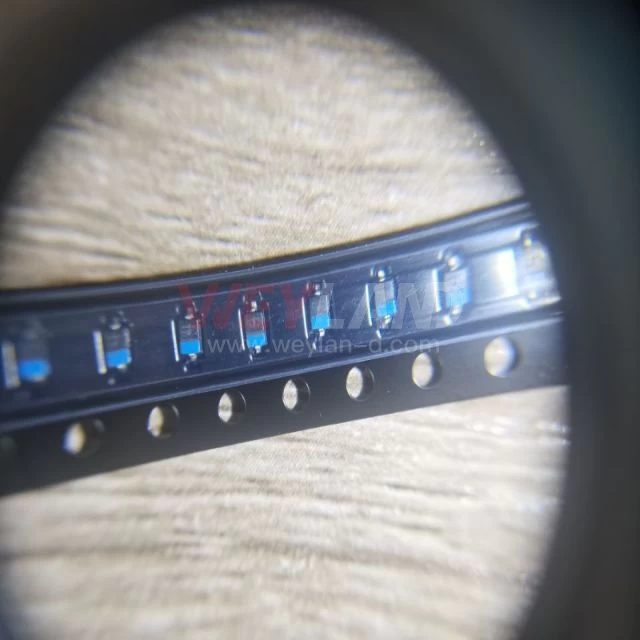

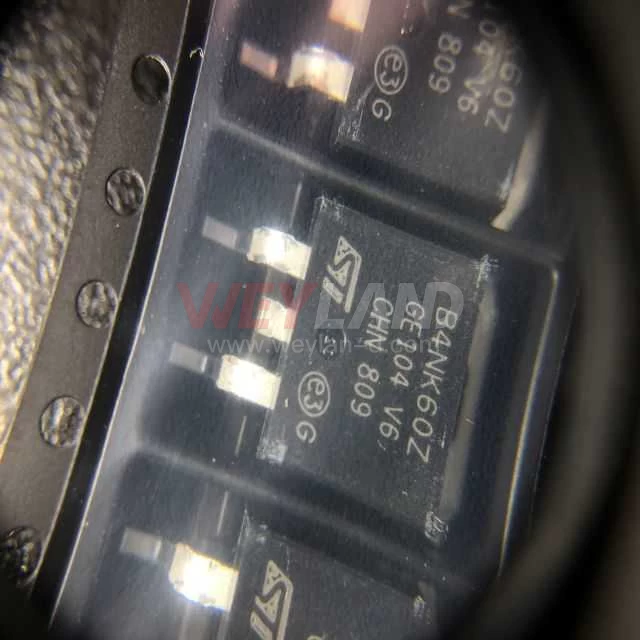
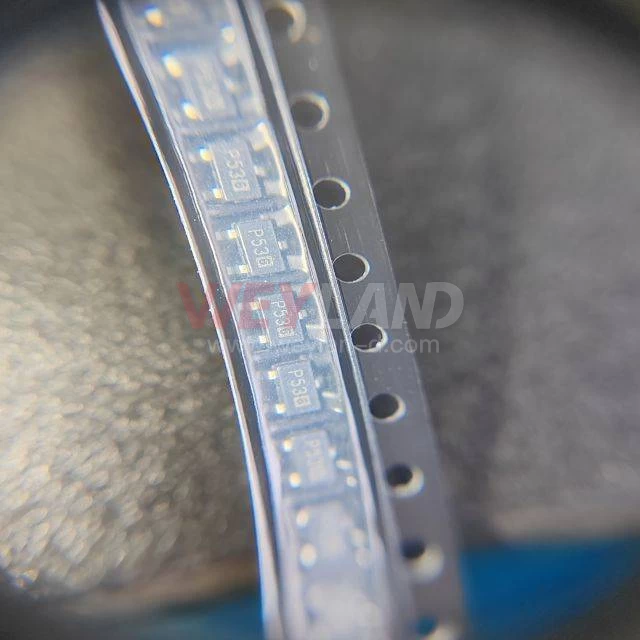
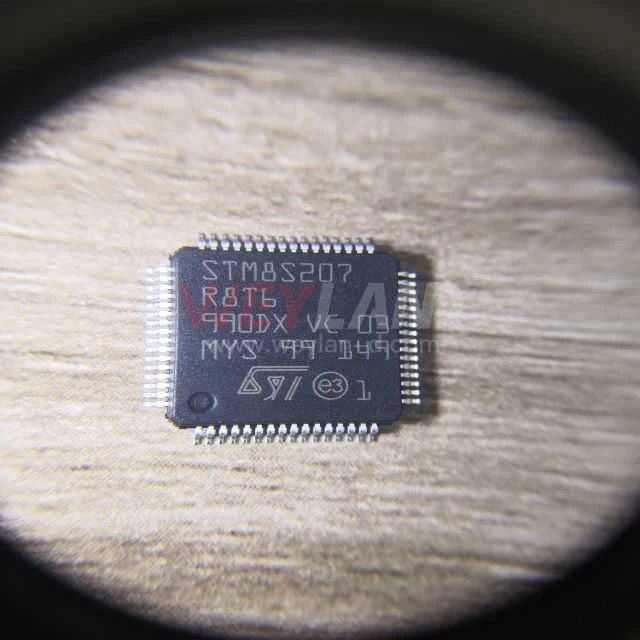
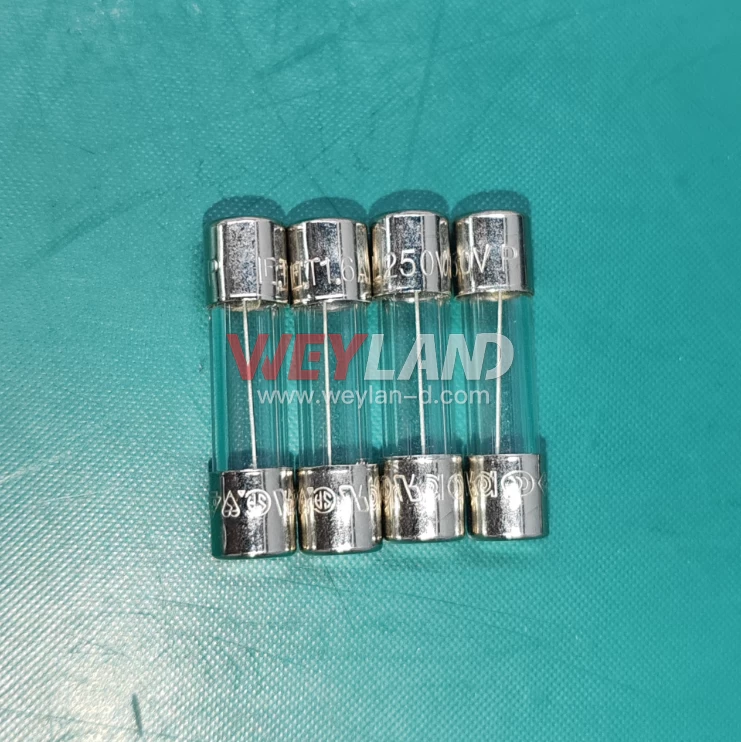
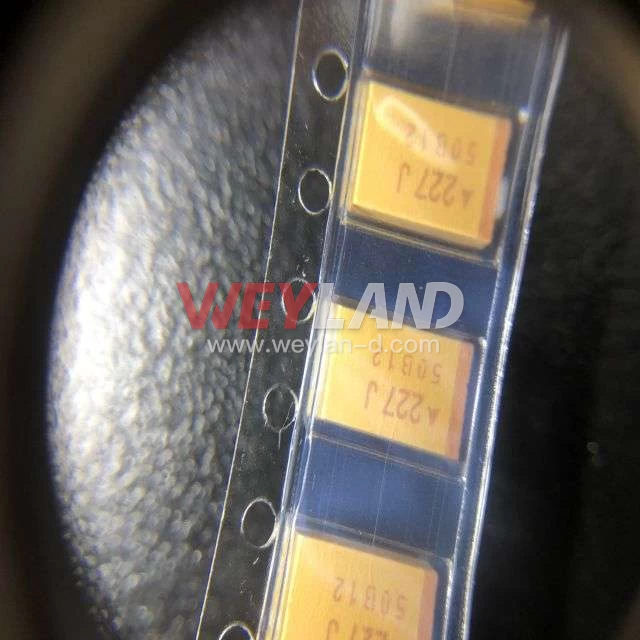
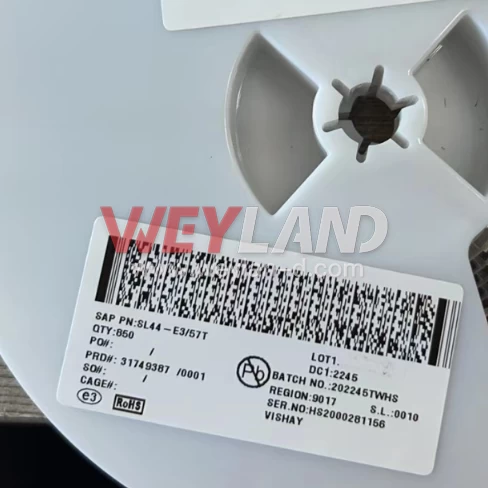
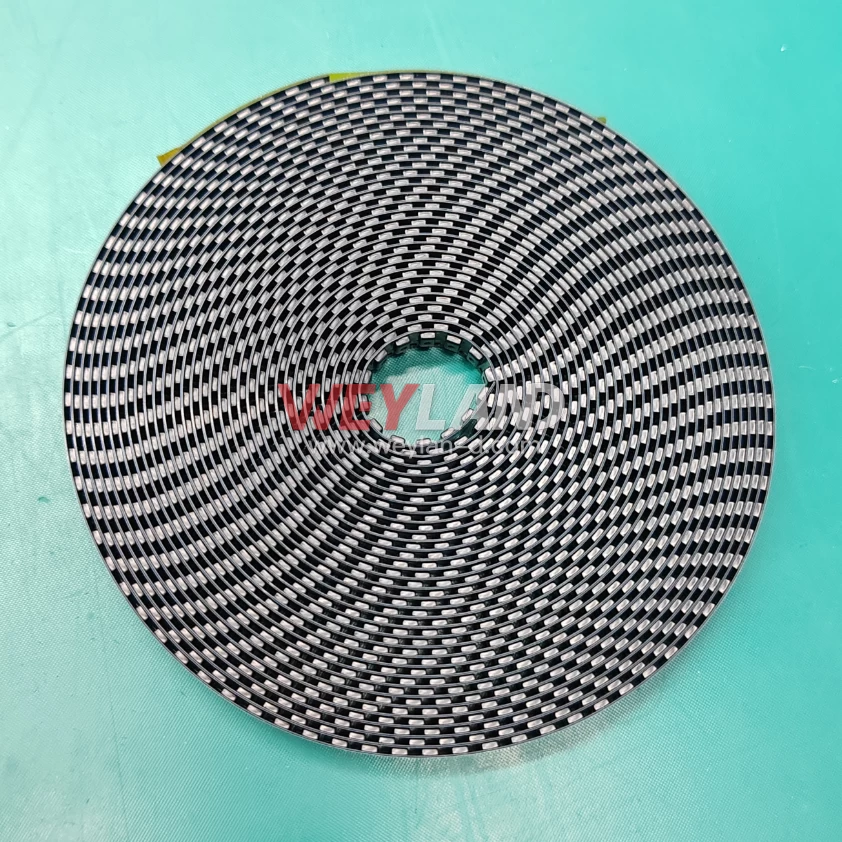
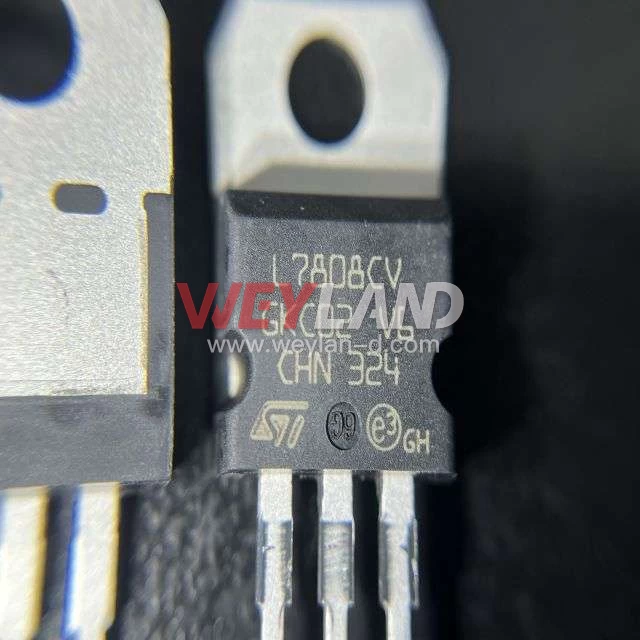
.9246509.png)


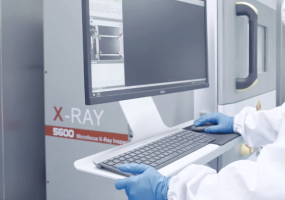
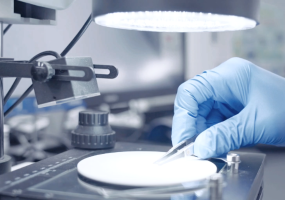
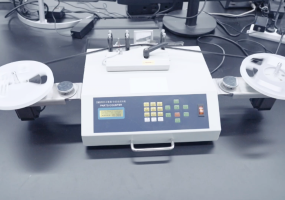







[email protected]
7500A BEACH ROAD #04-307 THE PLAZA SINGAPORE (199591)
RM 705.7/F.FA YUEN COMM BLDGNO.75-77.FA YUEN STREET.MONGKOK.KLN.HONG KONG
